
Events
The event program at the Collegium engages different audiences around topics of societal and scholarly importance. As part of their fellowship, each fellow organizes an event that is open to the public. In addition, the Collegium hosts events that link up with current interdisciplinary academic discussions.
- On this page
- Upcoming events
- Ludwik Fleck Lecture
- Past events
Upcoming events


Drivers of Ethical Consumption in Switzerland and Japan

A Virologist’s Look Back on COVID-19 Ludwik Fleck Lecture by Christian Drosten

The Past and Future of Global Tax Justice

Inclusive Cities New Methods to Understand Informal Infrastructure Access

Urban Lighting Realities 4D Virtual Settlements from Cape Town to Sarajevo

Planetary Health It Takes More Than a Village to Find a Solution

IMAMOU In the Beginning There Was Water
Ludwik Fleck Lecture

From 2005 to 2022, the Collegium was home to a research center on the life and work of Ludwik Fleck, a microbiologist and pioneering philosopher of science. The annual Ludwik Fleck Lecture invites outstanding speakers to honor the thinking of Ludwik Fleck, who continues to be an essential reference for cross-disciplinary research at the Collegium. Since 2006, the Ludwik Fleck Lecture has been delivered by renowned speakers, notably Carlo Ginzburg, Michael Gordin, Bruno Latour, Annemarie Mol, and Christian Drosten.
Past events

Acapulco Working in Progress or First Cut

The Role of Culture in the Exploration of Post-Trauma Suffering

La Zattera (the Raft) A Performative Archive of Forgotten Memories, Marginal Realities, and Lost Futures of Modern Rome

Real-Life Impacts of Security Vulnerabilities

Developing Effective Climate Policy

Politics in Proximity On Inequality and Local Governance

Climate Crisis and the Humanities With Nayanika Mathur

Digital Money and Digital Futures for Value Exchange

Can We Be Smarter than the Phytoplankton? A Perspective on the Global Climate and Sustainability

Ukrainian Chamber Music An Autobiography

Docu & Demo Archiving Programmed Media Art

Accelerating Replacement Toward Animal-free Science Research at Swiss Universities

Docu & Demo Condensed Knowledge Formats

In Between Performance and Documentation By Dragan Espenschied

The Global Tax Evasion Report 2024 Panel discussion with Gabriel Zucman

(Re-)Searching for Resonances Contemporary Music at the Collegium

Bespoke Artificial Cells and Tissues for Drug Discovery

SustainAgro Strengthening Economic Growth, Sustainability, and Innovation in Agriculture

I Prefer Not To Hito Steyerl in conversation

Structural Media

Structural Media

Structural Media

Corpses, Casts, and Copyrights Displaying Human Remains
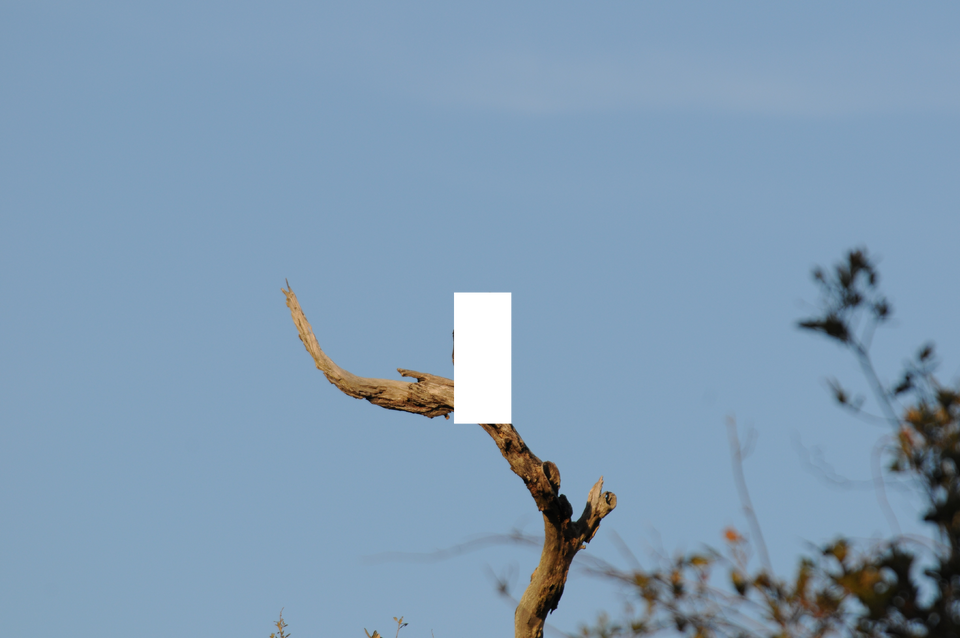
Working the Image Exch W/ Turkers and Other Collective Experimentations

Sample Delivery Methods For In-Situ Studies and Serial Crystallography

Rise of Atmospheric Drought Integrating Across Scales and Disciplines To Boost Plant Resilience

Dense + Green Cities Architecture as Urban Ecosystem

Politics and Poetics of Exile by Didier Fassin

Brauchen wir kurze Bücher? (Do We Need Short Books?) mit Anke te Heesen, Valentin Groebner, David Hesse und Niki Rhyner

Radical Reading

Time to Socialize Does the Timing of Brain Development Predict Prosocial and Play Behavior?

Literatur und Recht in der römisch-griechischen Tradition Literature and Law in the Greco-Roman Tradition

Francesca Melandri im Gespräch mit Zora del Buono

Hidden Deep Demystifying the Coca-Plant for Science and Beyond

How AI is Disrupting Developer Productivity It’s More Complicated Than We May Think

Epistemic Authority

Data Alchemy Observing Patterns from Galileo to Artificial Intelligence

Integrating Diverse Forms of Knowledge in Health Care Research
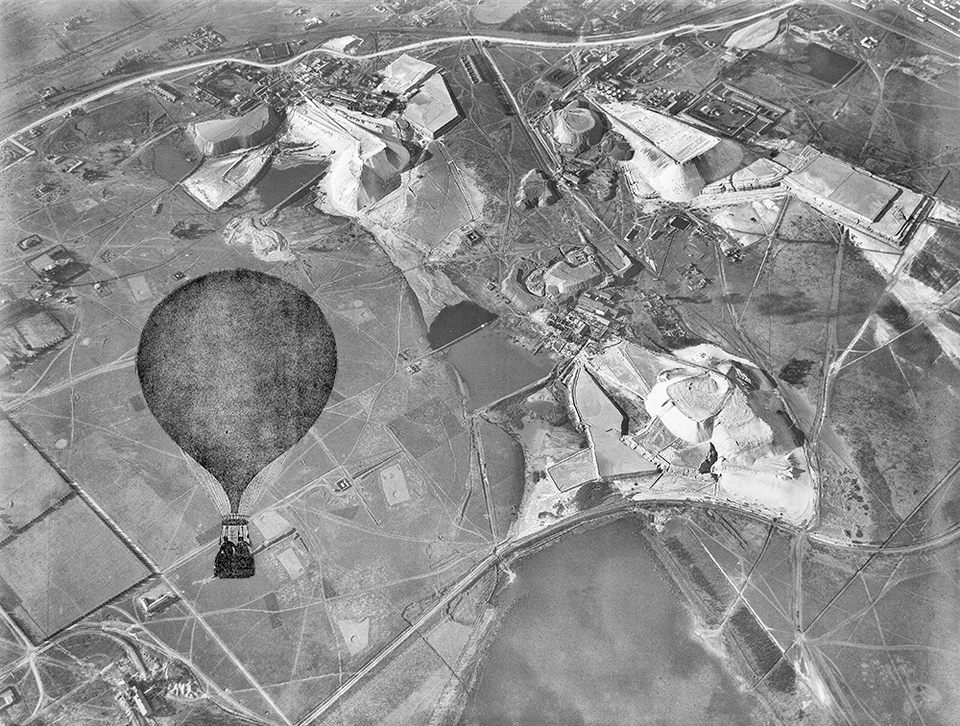
+/- 1632m: Disturbing the Swiss/African Commons

The Moral Underpinnings of Political Preferences An Interdisciplinary Approach

Die Orte, an denen meine Träume wohnen The Places Where My Dreams Live
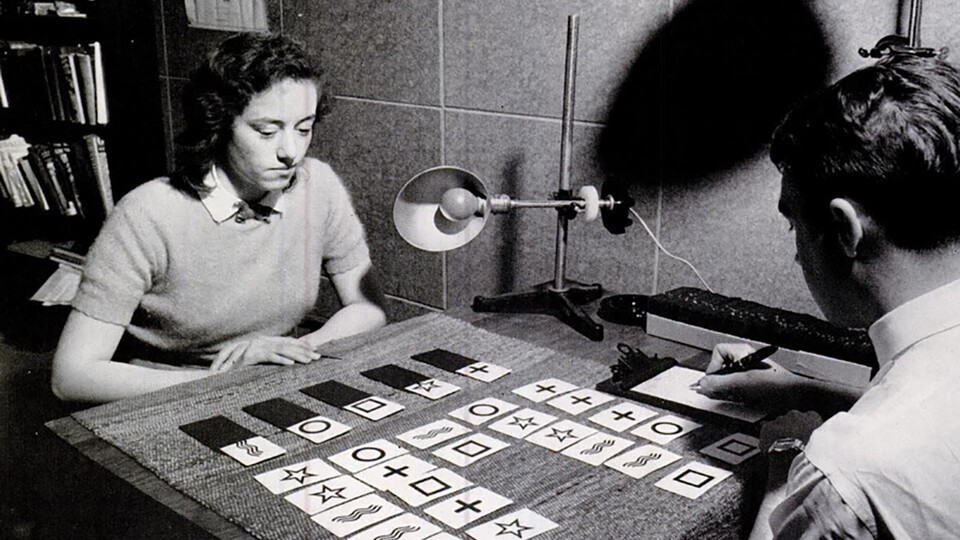
The Problem with Pseudoscience Ludwik Fleck Lecture by Michael D. Gordin
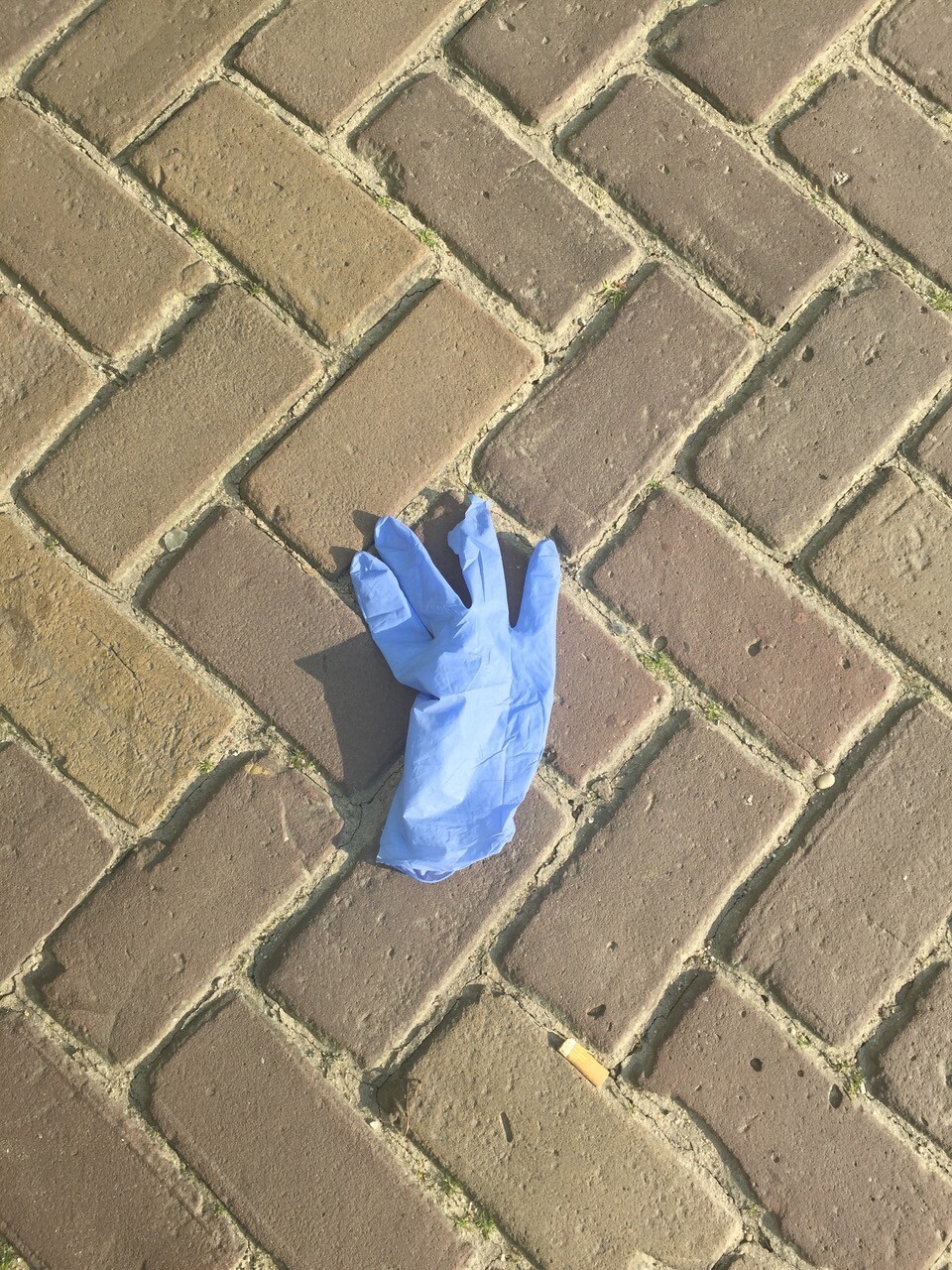
The Tragic Case of Cleanliness–Styles (Logics, Worlds) in Tension Ludwik Fleck Lecture by Annemarie Mol
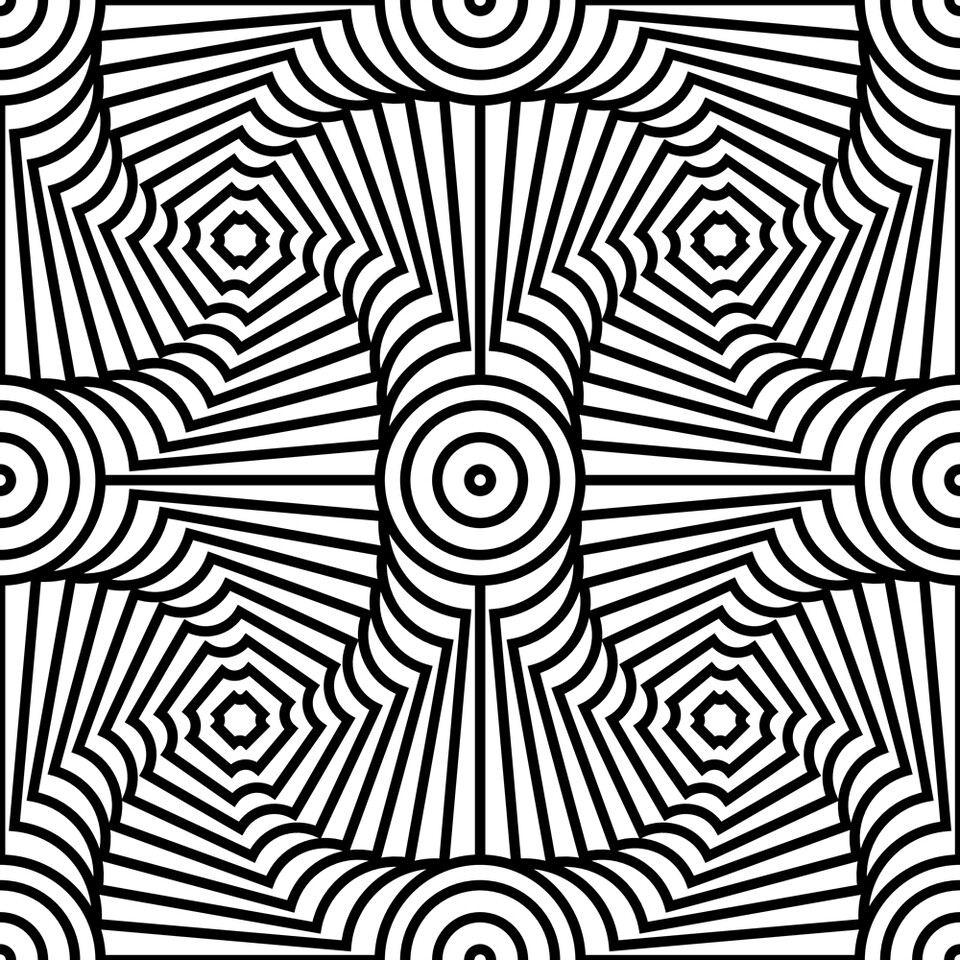
Metabolism Spiralling Out of Control

Building Blocks for Reuse Art, Ethics, and Engineering

Central Bank Digital Currencies

The Role of Technological Innovation in Environmental and Climate Policy How Can the Energy Transition Succeed?

Bubbles, Droplets, Membranes, and Interfaces Materials Science Meets Visual Arts
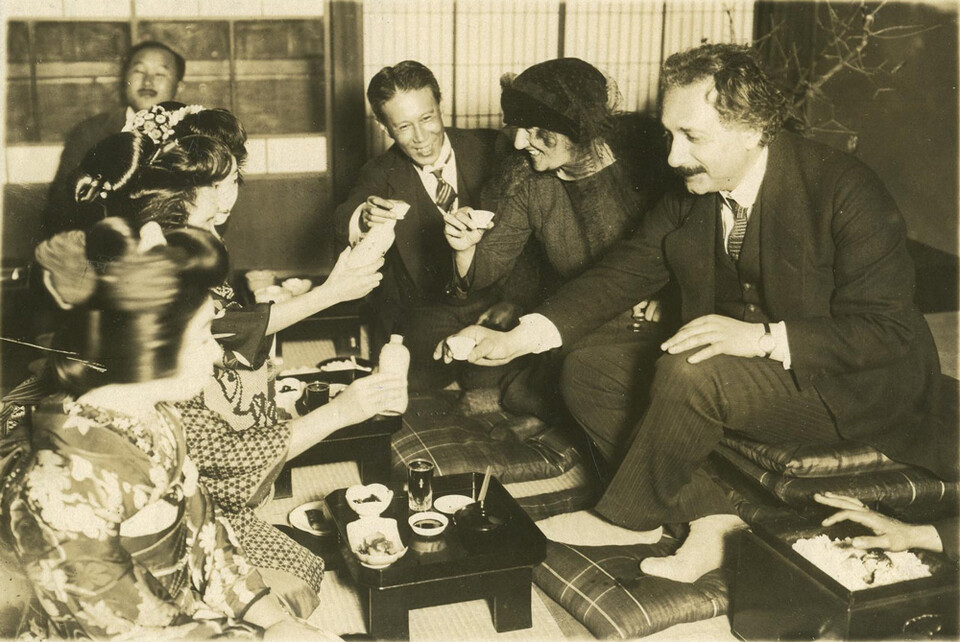
Einstein Shock The Making of a Global Celebrity

Rethinking Law beyond Linear Time and the Individual Subject

Rethinking Science in Times of Open Science?
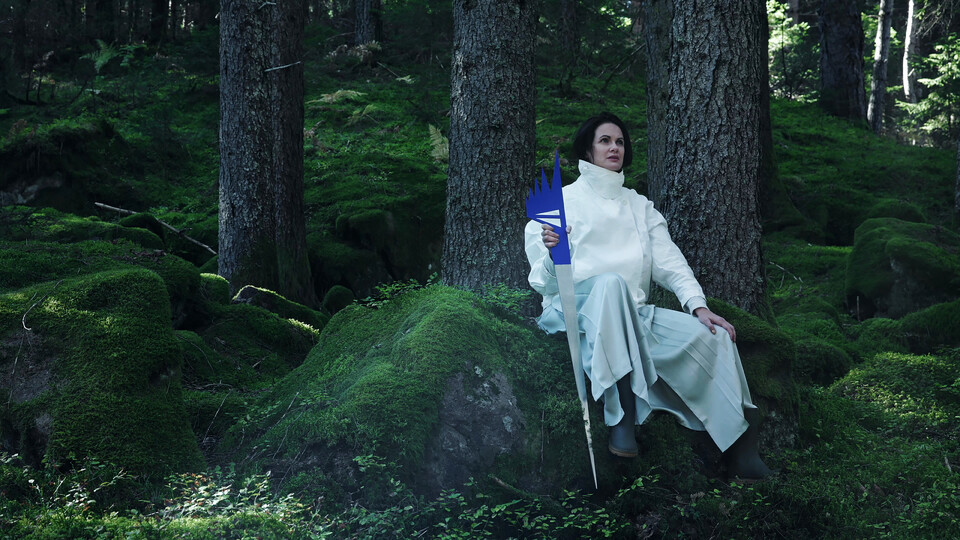
Forests | An Evocation

Ethnography, Economy and Ecology of Pastoralism in Kazakhstan Capitalism and the Future of Central Eurasian Grasslands
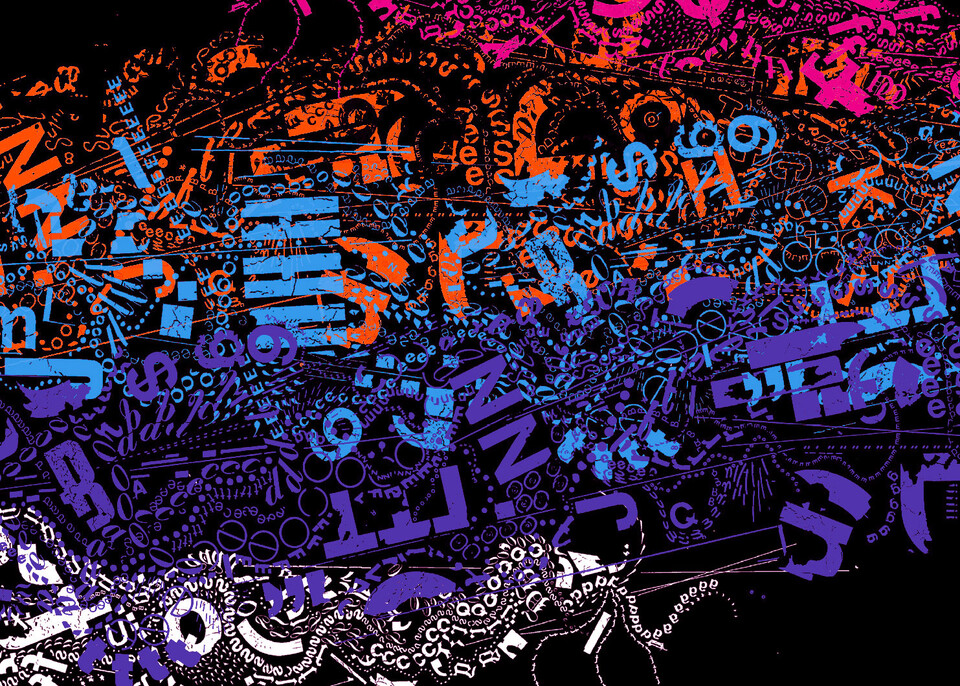
Do We Write Differently after Artificial Intelligence? A conversation between Hannes Bajohr, Monika Rinck, and Ann Cotten
